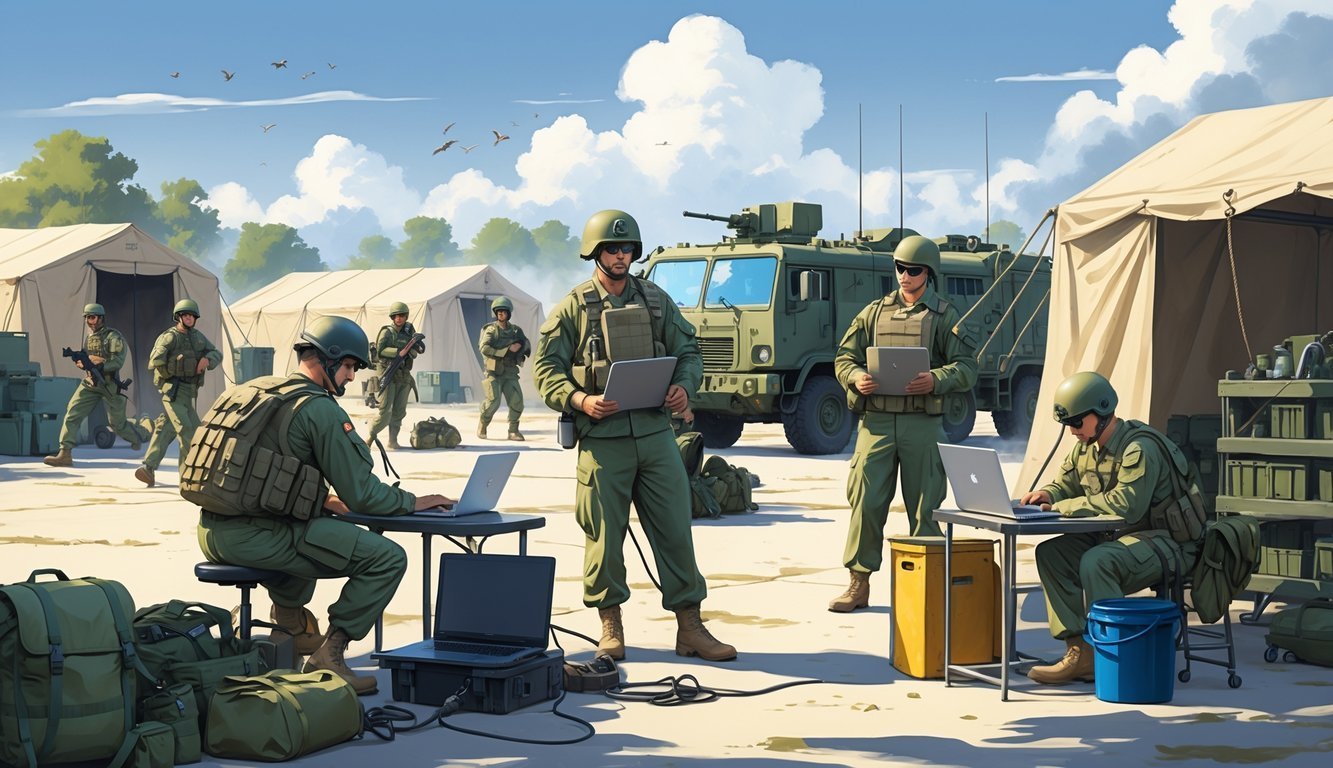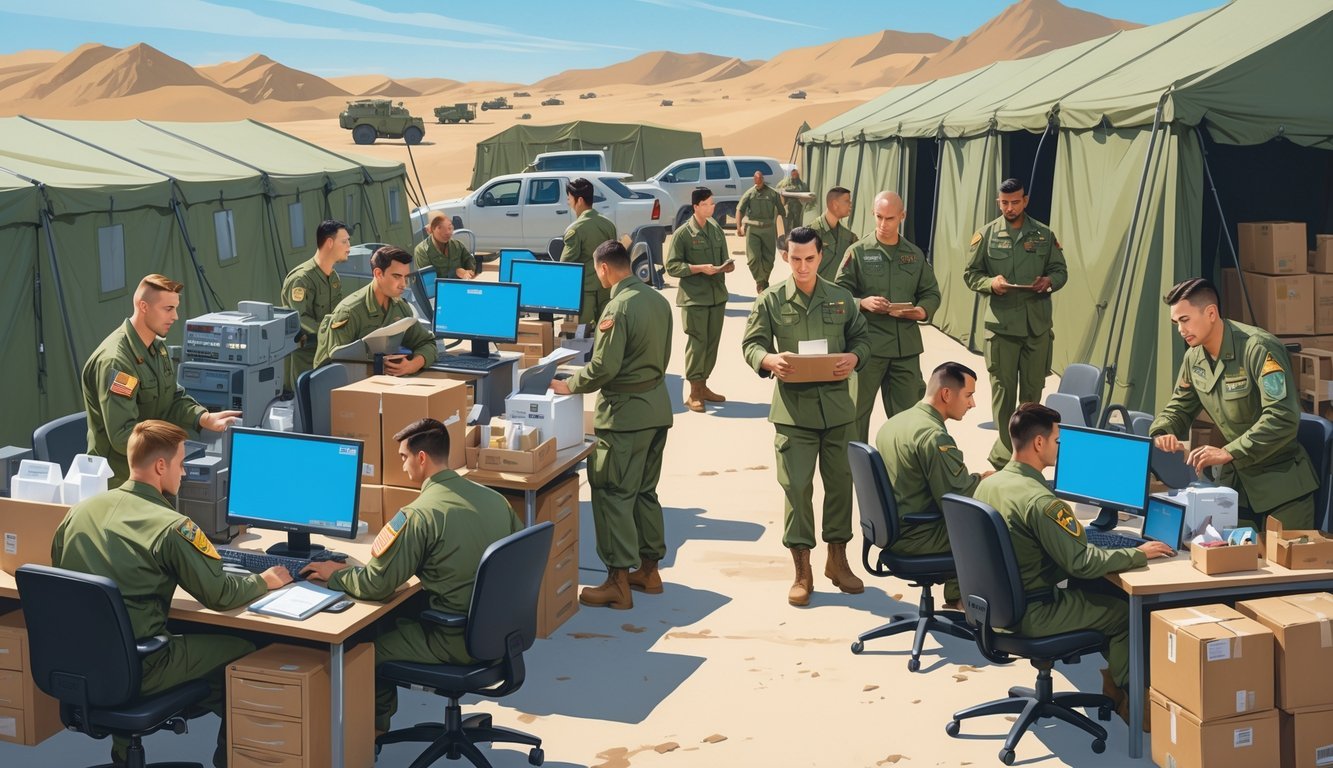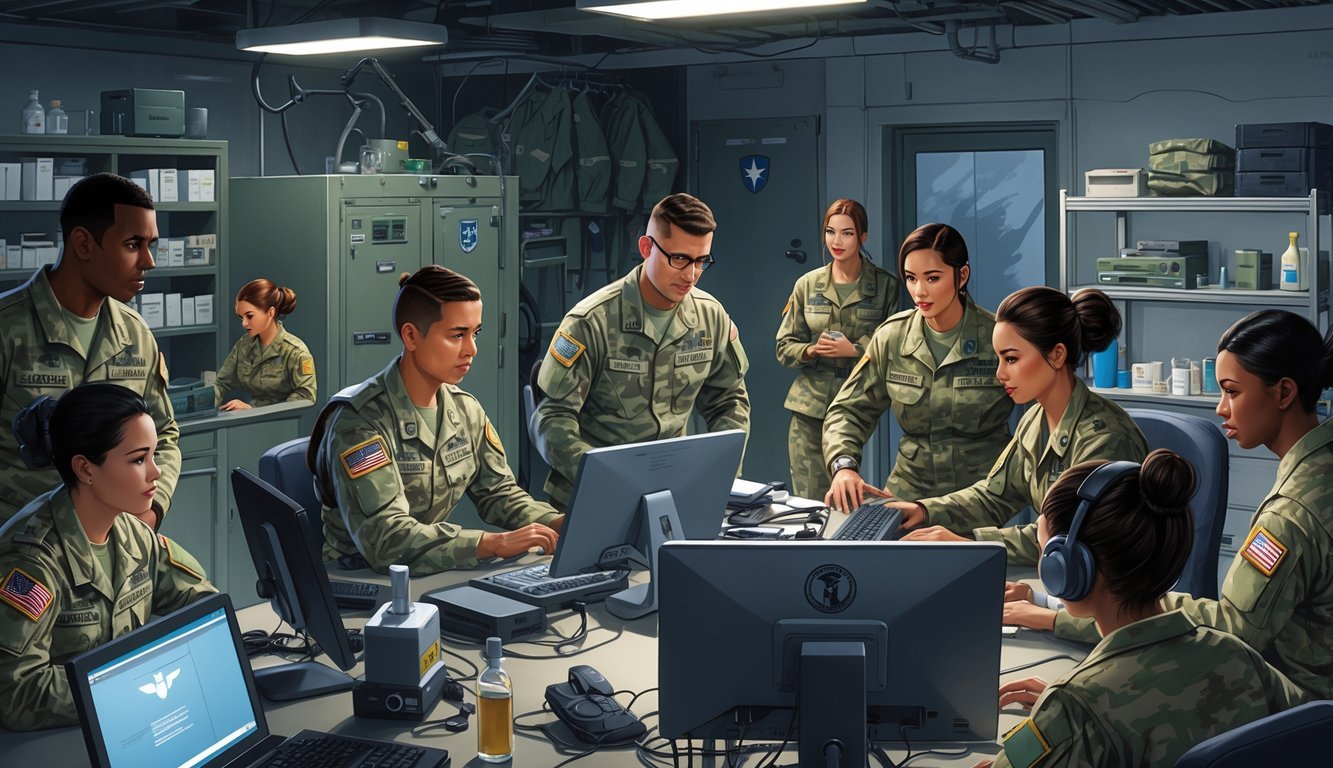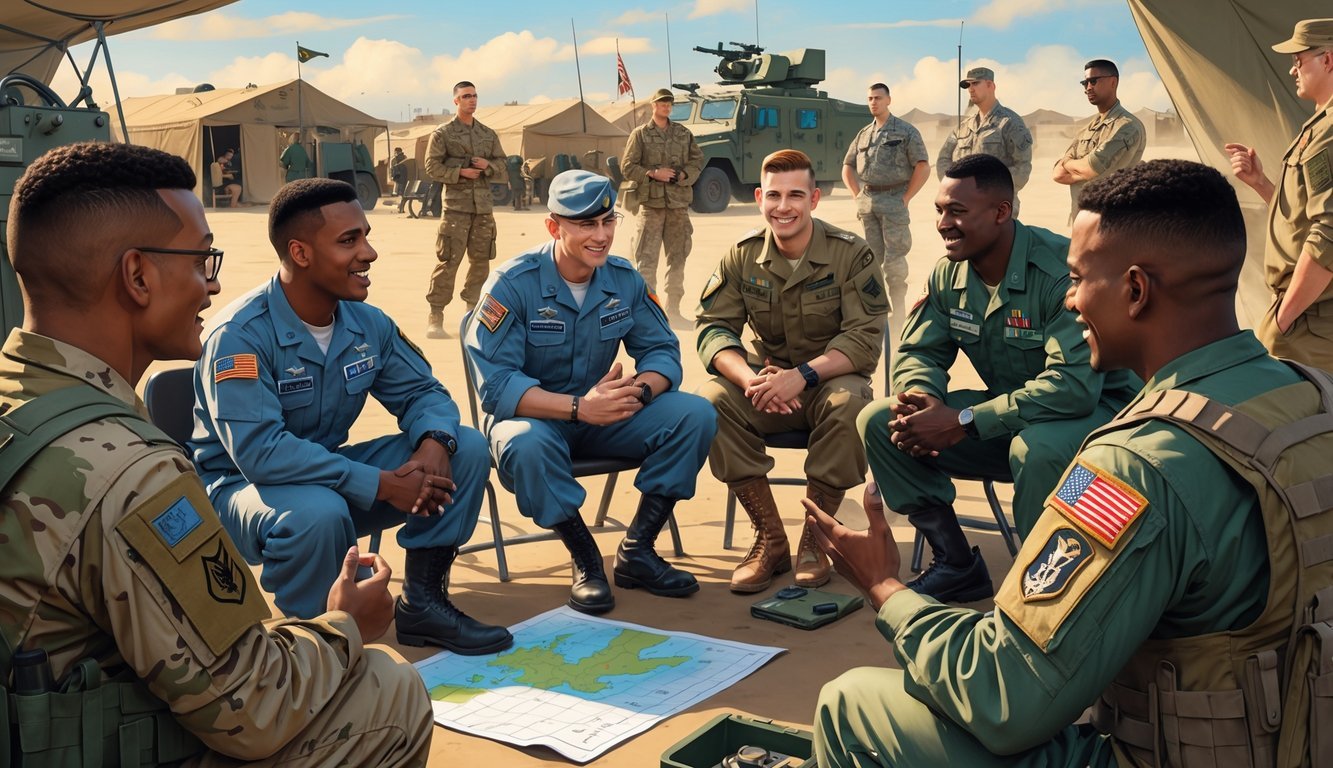PsychNewsDaily Publishers
100 Summit Drive
Burlington, MA, 01803
Telephone: (320) 349-2484
PsychNewsDaily Publishers
100 Summit Drive
Burlington, MA, 01803
Telephone: (320) 349-2484
POG stands for "Person Other than Grunt," referring to military personnel in non-combat roles essential for mission support across all U.S. military branches.

Ever heard someone in the military toss around the word “POG” and wondered what on earth they meant? You’re definitely not the only one. “POG” is military slang for “Person Other than Grunt,” meaning anyone who isn’t in a combat infantry role. Infantry folks use it to set themselves apart from those working in support or non-combat jobs.
The term’s been around for ages, and you’ll hear it across all the branches of the U.S. military. It started as a nickname, sure, but now it carries a mix of teasing and genuine respect for all the jobs that keep things running. Knowing what a POG is gives you a peek into military culture and how everyone’s role fits into the bigger picture.
POGs play a huge part in missions. The term’s changed over time, but it still pops up all the time in military conversations. If you’re curious about military slang or just want to know what service members do every day, understanding “POG” gives you some pretty useful insight.

You’ll probably hear POG a lot if you spend any time around military folks. It refers to people who do critical jobs, but usually aren’t fighting on the front lines. These roles are different from infantry soldiers and help the mission in their own way.
POG stands for Person Other than Grunt. A grunt is an infantry soldier out there on the front lines. The term “POG” started as a way to separate combat troops from everyone else.
People sometimes use it in a joking or even a slightly negative way, mostly to point out non-combat jobs. Some think it comes from the word pogue, which might have Irish Gaelic roots—póg means “to kiss.” The word got popular during the Vietnam War, especially in the Army and Marines.
Grunts are the infantry soldiers who carry weapons and face the most direct danger. They spend a lot of time on foot patrols and in battle zones.
POGs, on the other hand, work behind the scenes. Their jobs include administration, logistics, transportation, maintenance, and pay.
POGs usually don’t carry weapons into combat. Instead, they focus on keeping the military running and making sure everyone has what they need.
It’s not about one job being more important than the other. Grunts face combat risks; POGs handle the tasks that keep the mission going, just not on the front lines.
You’ll find POGs in all branches: Army, Marines, Navy, Air Force. Some common POG roles are:
These jobs fall under different Military Occupational Specialties (MOS). In the Army, if your MOS is logistics or administration, you’re a POG. In the Marines, anyone not in an infantry MOS usually gets called a POG or “personnel other than grunts.”
Infantry soldiers might get more recognition for facing danger, but POGs are absolutely essential for keeping things running.

If you’re a POG, you spend most of your time learning specific skills and working behind the front lines. Your daily tasks focus on support and teamwork. On the battlefield, your role gives critical help that keeps the mission moving.
When you enlist as a POG, you go through basic training just like everyone else. You learn discipline with physical activities, like push-ups, running, and teamwork drills.
Your training also covers skills specific to your job, whether that’s managing supplies, handling technical work, or operating military gear.
A lot of POGs pick up leadership and organization skills. You might also train to drive vehicles or run equipment. Unlike grunts, your main focus isn’t combat tactics—it’s making sure support units function well.
Your daily life as a POG often means office work or tasks at a base or forward operating base (FOB). You might spend hours managing ammo, food like MREs, or other gear. Your work makes sure soldiers on the front line get what they need.
Living conditions can change a lot. Sometimes you share tight quarters or tents with others. You might not face the same physical dangers as infantry, but you still follow strict military rules and keep up discipline.
Your job takes teamwork and a lot of respect for everyone’s role.
Even if you aren’t right on the front lines, your job is still key during missions. You move supplies, set up communications, or help with medical support.
Without POGs, combat troops would have a hard time staying fed, armed, and safe.
In the field, you might carry equipment or help set up defensive positions. Your work lets the grunts focus on fighting.
Support units count on your skills, and you carry the honor of keeping the mission supplied and ready.

POGs usually work in support roles, not on the front lines. The difference between POGs and grunts comes down to risk and what they do every day. The term POG has a history in military slang, and challenge coins mean a lot to many POGs.
POGs take on jobs like administration, logistics, medical support, and technical work. These roles keep the military going but don’t usually put you in direct combat.
Grunts serve as infantry and see direct combat. POGs support them but usually stay behind the lines and handle important support tasks. The biggest difference is about combat risk and daily work.
Challenge coins represent membership and respect. For POGs, these coins often show appreciation for their contribution and help build camaraderie within their units.
POG stands for “Person Other than Grunt.” It started as a way to describe non-combat jobs, sometimes with a bit of teasing, but now everyone in the military gets what it means.
POG is just military slang for someone not in a combat role. Sometimes it’s friendly teasing, sometimes it’s just about sorting out who does what.
If you want to go from a POG role to a combat role, you’ll need to change your military occupational specialty. That means you’ll have to go through new training.
Honestly, the process varies a lot depending on your branch, your current job, and what qualifications you already have. It’s not always straightforward, but plenty of people make the switch.